Should the BBC boycott Eurovision?
The broadcaster has rejected calls from 50 British stars to cancel coverage of event

A free daily email with the biggest news stories of the day – and the best features from TheWeek.com
You are now subscribed
Your newsletter sign-up was successful
British cultural icons including Peter Gabriel and Vivienne Westwood are calling on the BBC to boycott the 2019 Eurovision Song Contest unless it is relocated from Israel.
The annual singing competition is due to be held in Tel Aviv in May, following Israeli singer Netta’s victory in 2018. It is customary for the winning country to host the following year’s competition.
But in a letter to The Guardian, 50 leading figures from the creative industry have urged the broadcaster to “press for Eurovision to be relocated to a country where crimes against freedom are not being committed”.
The Week
Escape your echo chamber. Get the facts behind the news, plus analysis from multiple perspectives.

Sign up for The Week's Free Newsletters
From our morning news briefing to a weekly Good News Newsletter, get the best of The Week delivered directly to your inbox.
From our morning news briefing to a weekly Good News Newsletter, get the best of The Week delivered directly to your inbox.
The signatories also include Pink Floyd’s Roger Waters, actor Julie Christie and filmmakers Mike Leigh and Ken Loach.
They wrote: “Eurovision may be light entertainment, but it is not exempt from human rights considerations - and we cannot ignore Israel’s systematic violation of Palestinian human rights.”
Eurovision organisers the European Broadcasting Union (EBU) “chose Tel Aviv as the venue over occupied Jerusalem - but this does nothing to protect Palestinians from land theft, evictions, shootings, beatings and more by Israel’s security forces”, the letter continues.
Israeli Prime Minister Benjamin Netanyahu “had wanted the contest to be staged in Jerusalem, but the nationality of the city is disputed, with Palestinians claiming an Israeli-occupied area as a potential future capital city”, reports the newspaper.
A free daily email with the biggest news stories of the day – and the best features from TheWeek.com
The plea to the British broadcaster comes as the UK prepares to select its entry for the contest in a public vote on BBC Two show Eurovision: You Decide on 8 February.
“For any artist of conscience, this would be a dubious honour,” the letter says. “They and the BBC should consider that You Decide is not a principle extended to the Palestinians, who cannot ‘decide’ to remove Israel’s military occupation and live free of apartheid.”
The BBC responded: “The Eurovision Song Contest is not a political event and does not endorse any political message or campaign. The competition has always supported the values of friendship, inclusion, tolerance and diversity, and we do not believe it would be appropriate to use the BBC’s participation for political reasons.
“Because of this we will be taking part in this year’s event. The host country is determined by the rules of the competition, not the BBC.”
The EBU also emphasised the “non-political character of the event” and pointed out that preparations in Tel Aviv were already “well advanced”.
The UK isn’t the only country where objections have been raised. Citizens in Portugal, Ireland, Iceland, Australia and Sweden have also called for Eurovision boycotts.
However, Ireland’s deputy prime minister Simon Coveney said last year that he did not believe a boycott would advance the Palestinian cause.
-
 How the FCC’s ‘equal time’ rule works
How the FCC’s ‘equal time’ rule worksIn the Spotlight The law is at the heart of the Colbert-CBS conflict
-
 What is the endgame in the DHS shutdown?
What is the endgame in the DHS shutdown?Today’s Big Question Democrats want to rein in ICE’s immigration crackdown
-
 ‘Poor time management isn’t just an inconvenience’
‘Poor time management isn’t just an inconvenience’Instant Opinion Opinion, comment and editorials of the day
-
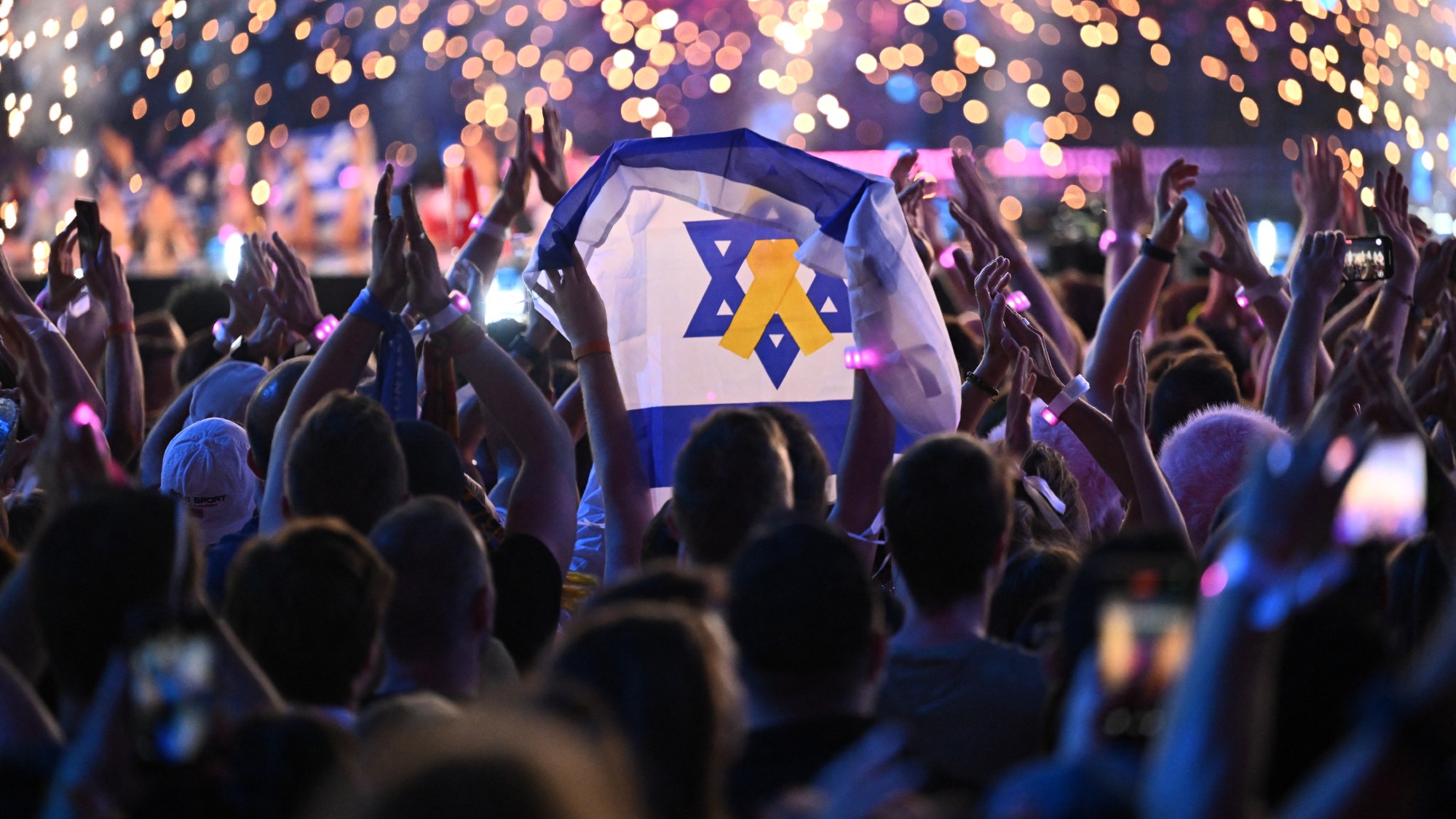 Eurovision faces its Waterloo over Israel boycotts
Eurovision faces its Waterloo over Israel boycottsTalking Point Five major broadcasters have threatened to pull out of next year’s contest over Israel’s participation
-
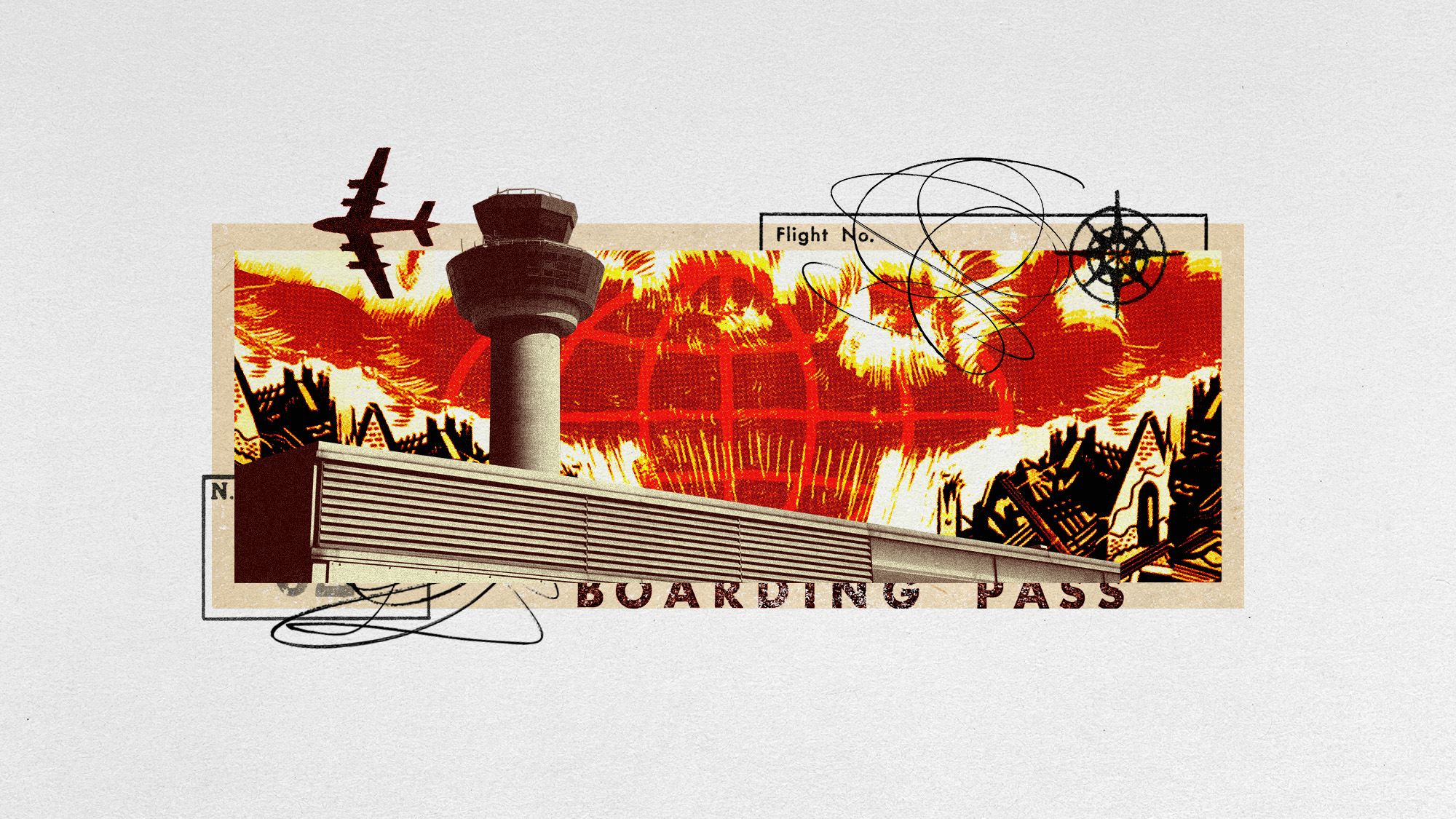 How global conflicts are reshaping flight paths
How global conflicts are reshaping flight pathsUnder the Radar Airlines are having to take longer and convoluted routes to avoid conflict zones
-
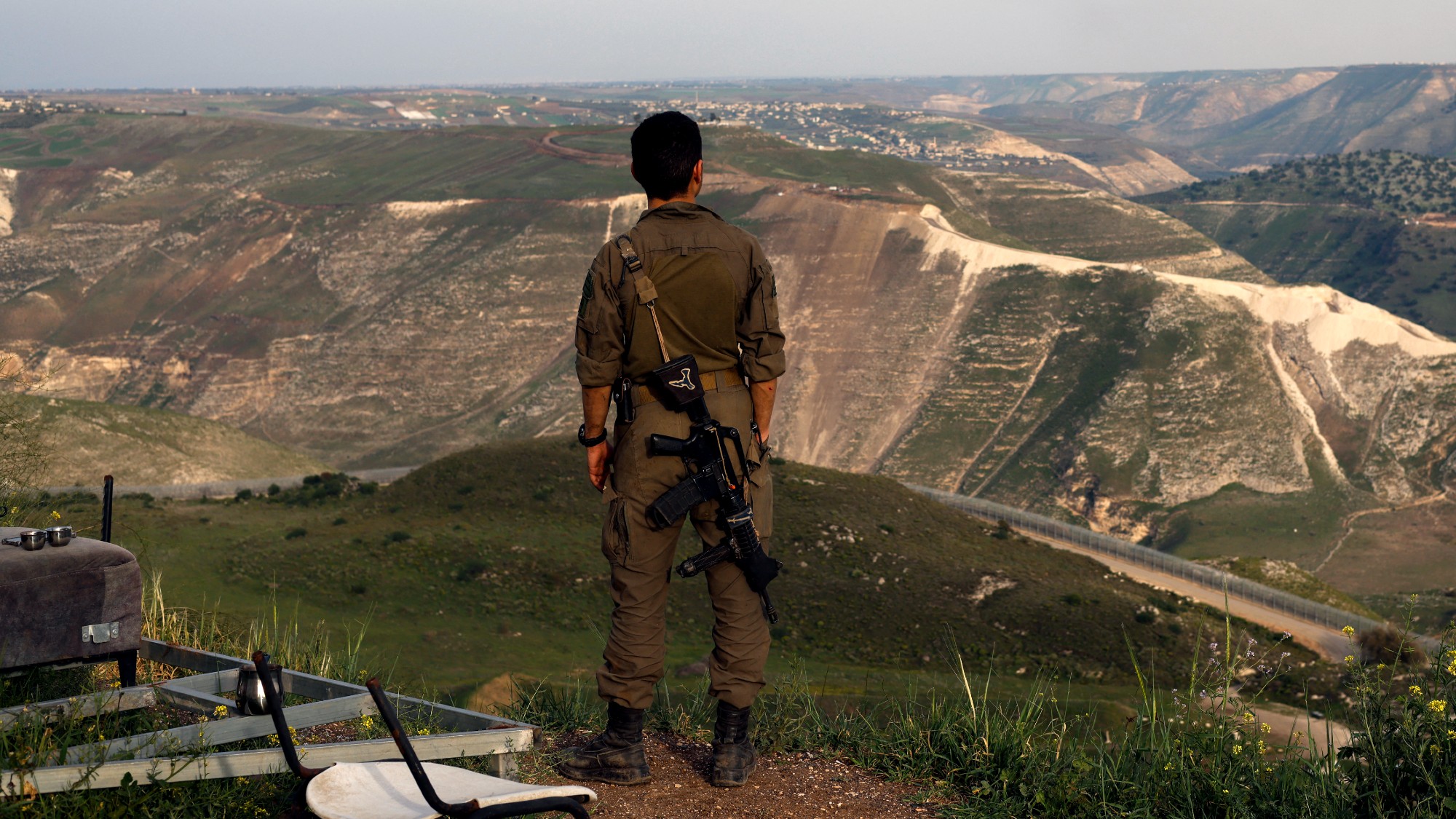 The Israeli army's 'tourist hikes' in occupied Golan Heights
The Israeli army's 'tourist hikes' in occupied Golan HeightsUnder The Radar 'Provocative' twice-daily tours into territory seized from Syria have quickly sold out
-
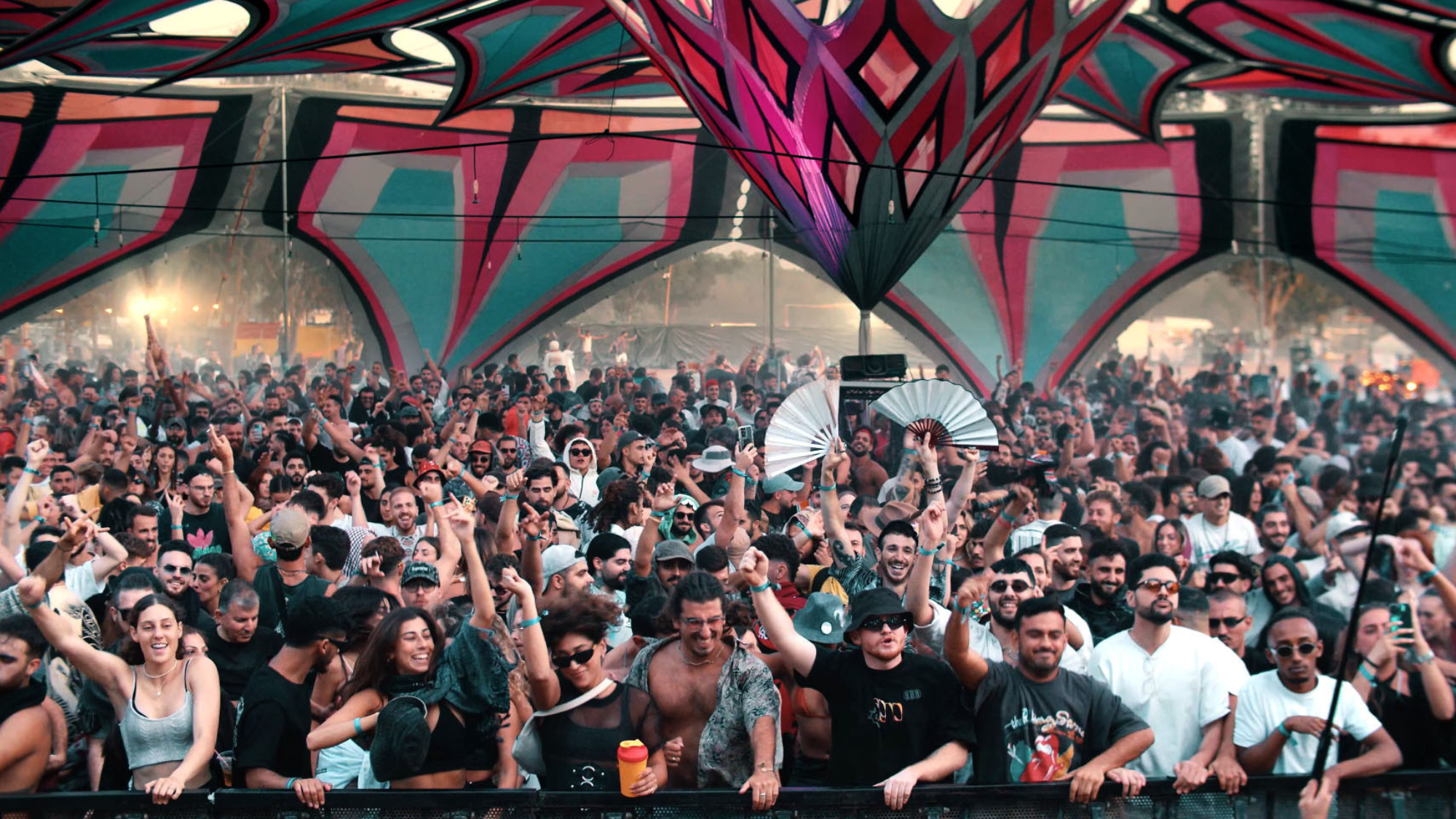 Surviving October 7th: We Will Dance Again – 'blistering' documentary 'unfolds like a disaster movie'
Surviving October 7th: We Will Dance Again – 'blistering' documentary 'unfolds like a disaster movie'The Week Recommends Yariv Mozer's 'visceral' film features mobile phone footage from survivors of Hamas attack
-
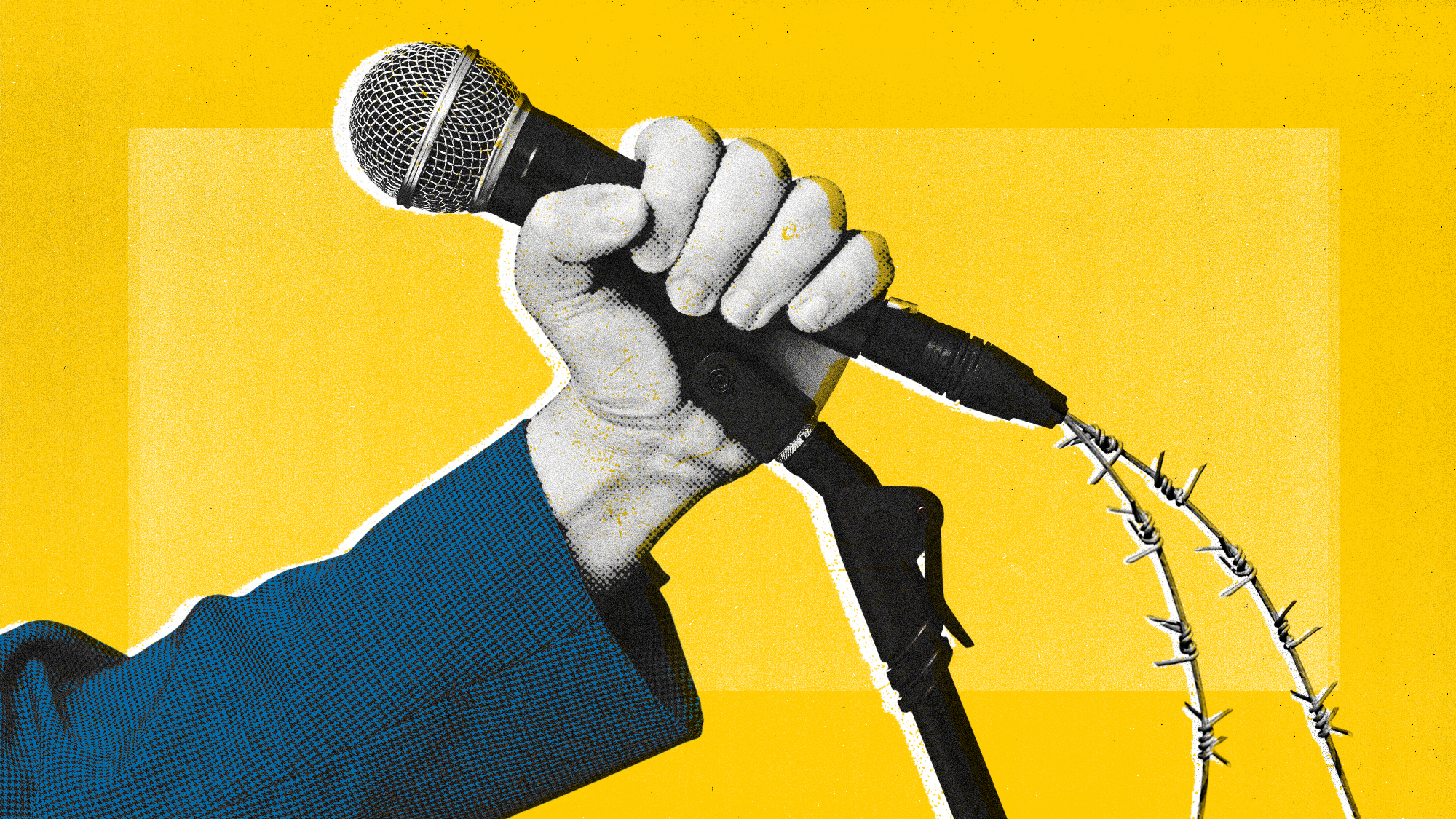 Eurovision 2024: how is politics playing out in Sweden?
Eurovision 2024: how is politics playing out in Sweden?Today's big question World's most popular song contest 'has always been politically charged' but 'this year perhaps more so than ever'
-
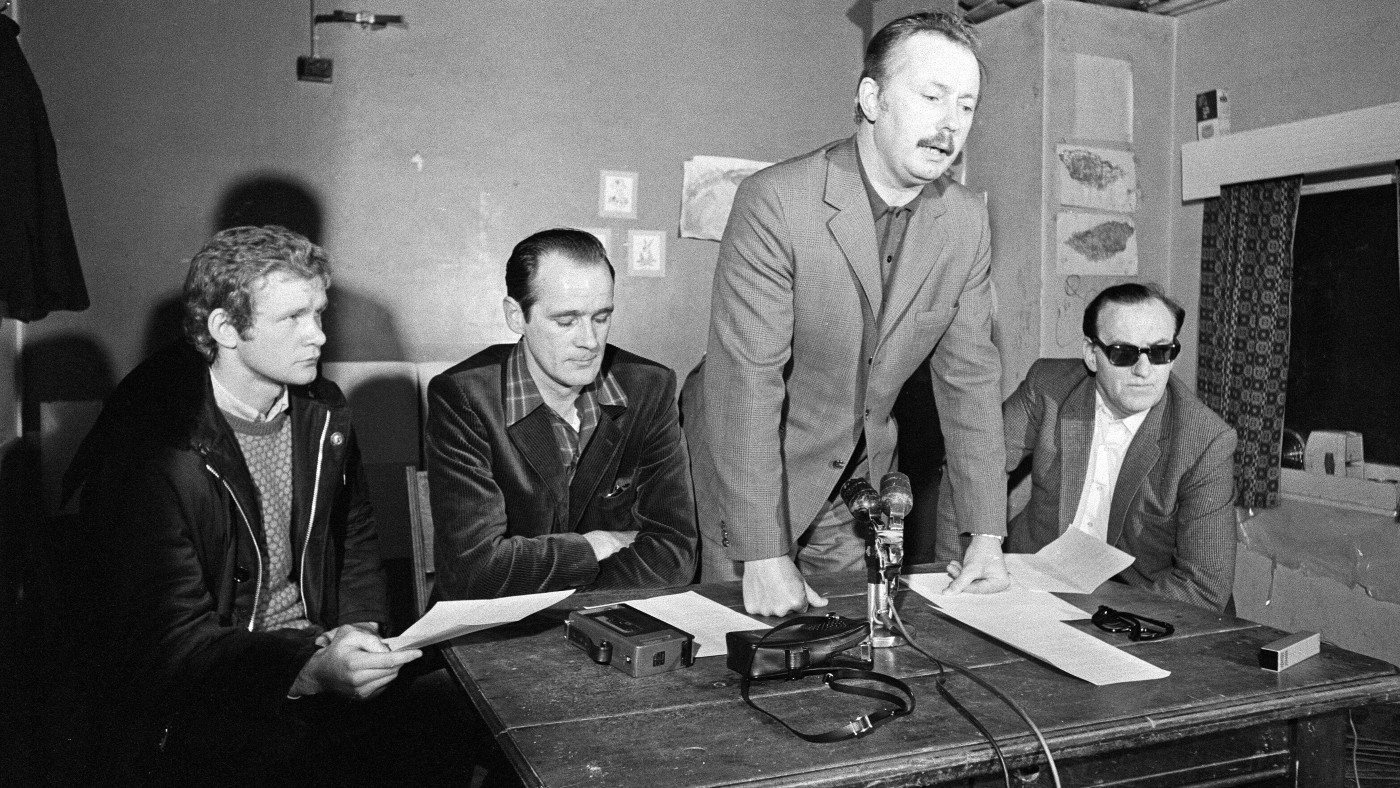 The Secret Army: the IRA propaganda film forgotten for almost 50 years
The Secret Army: the IRA propaganda film forgotten for almost 50 yearsIn the Spotlight 'Chilling' BBC documentary reveals how US TV crew documented the inner workings of paramilitary group in 1970s
-
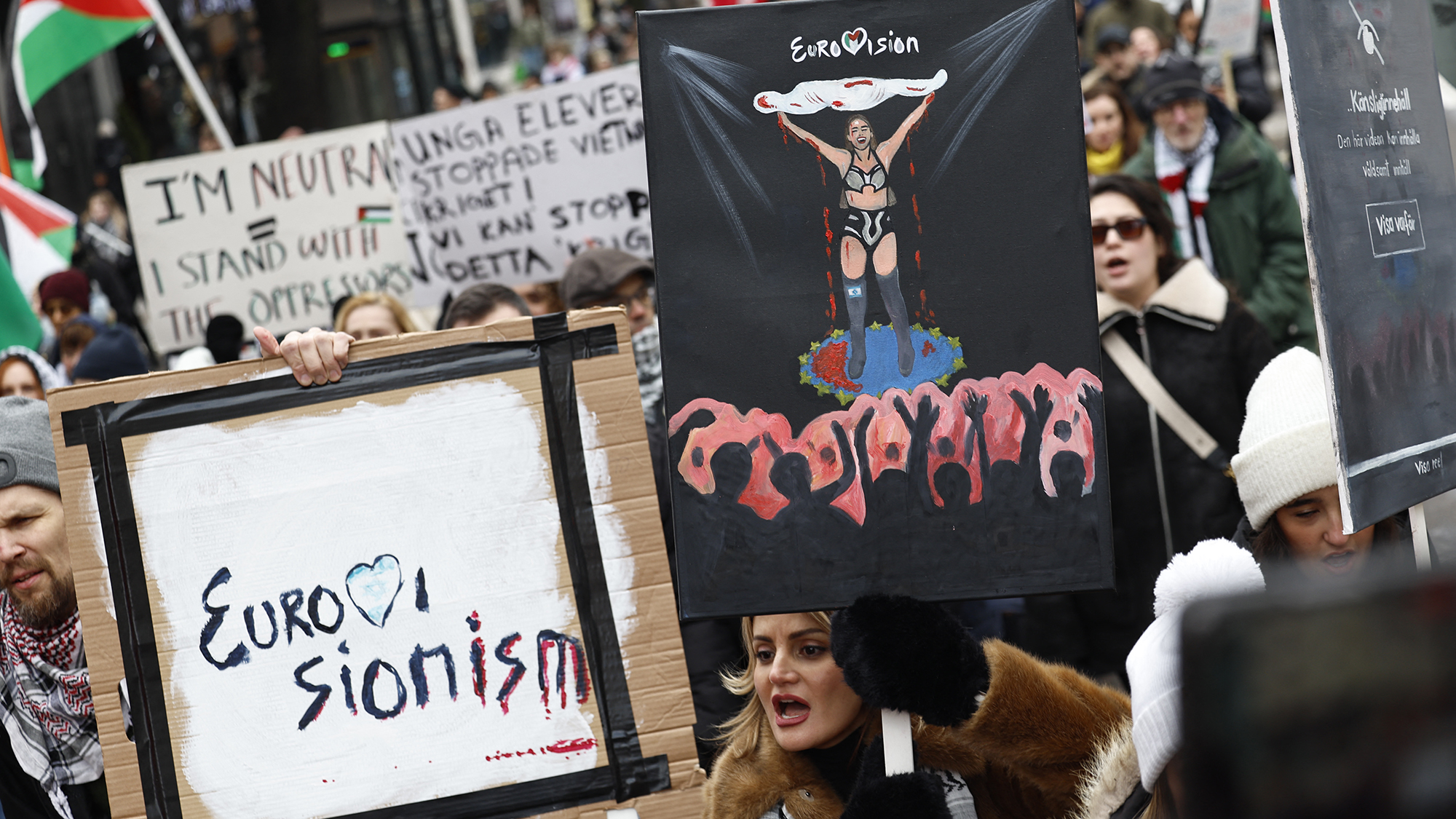 Eurovision stars weigh politics and principles as calls for boycott over Israel grow
Eurovision stars weigh politics and principles as calls for boycott over Israel growUnder The Radar One of the biggest artistic competitions on Earth finds itself in the middle of a widening debate about if — and how — to address the ongoing war in Gaza
-
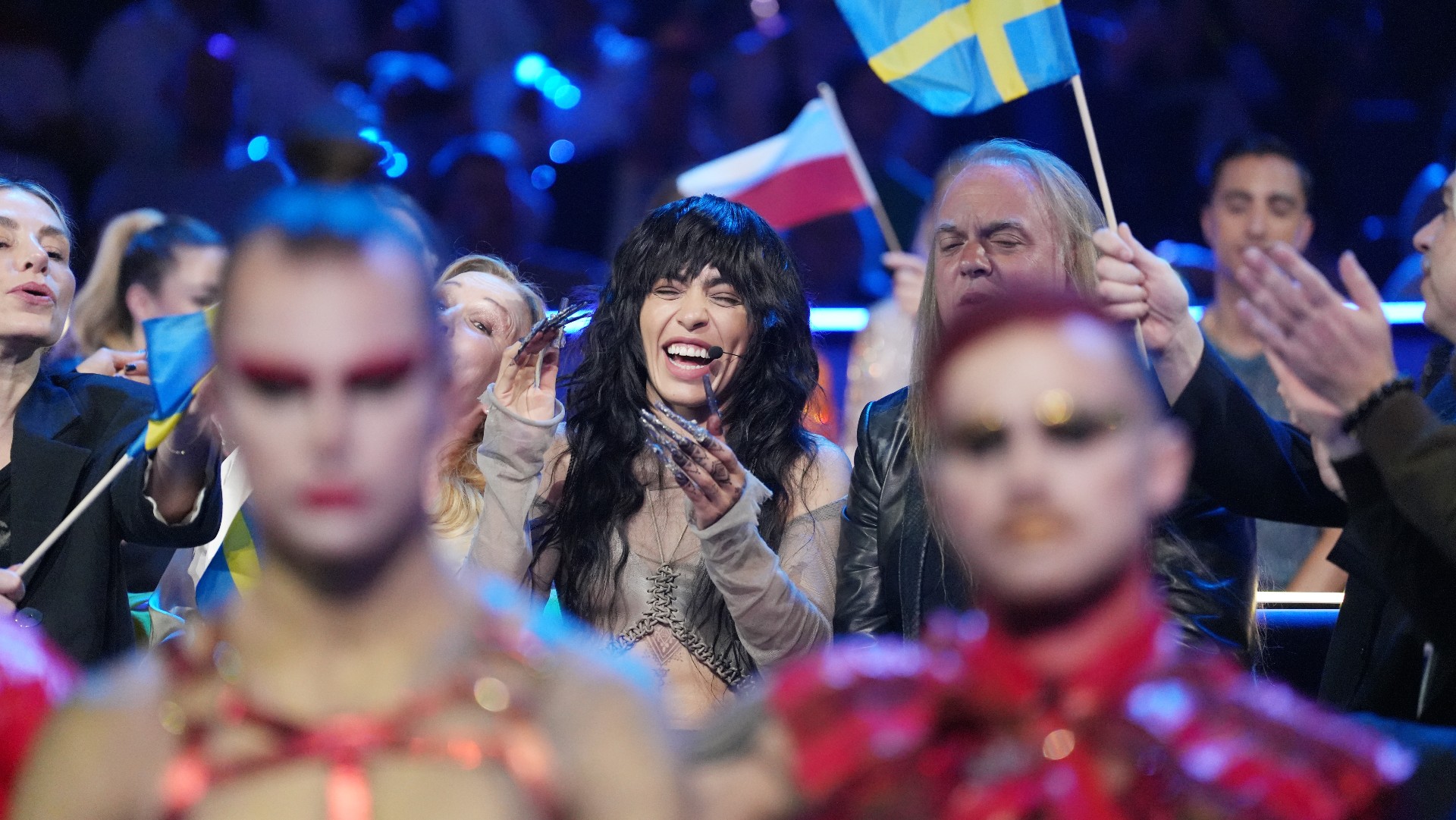 Is Eurovision finally cool?
Is Eurovision finally cool?feature Many British fans of Eurovision speak enthusiastically about its tolerance and openness